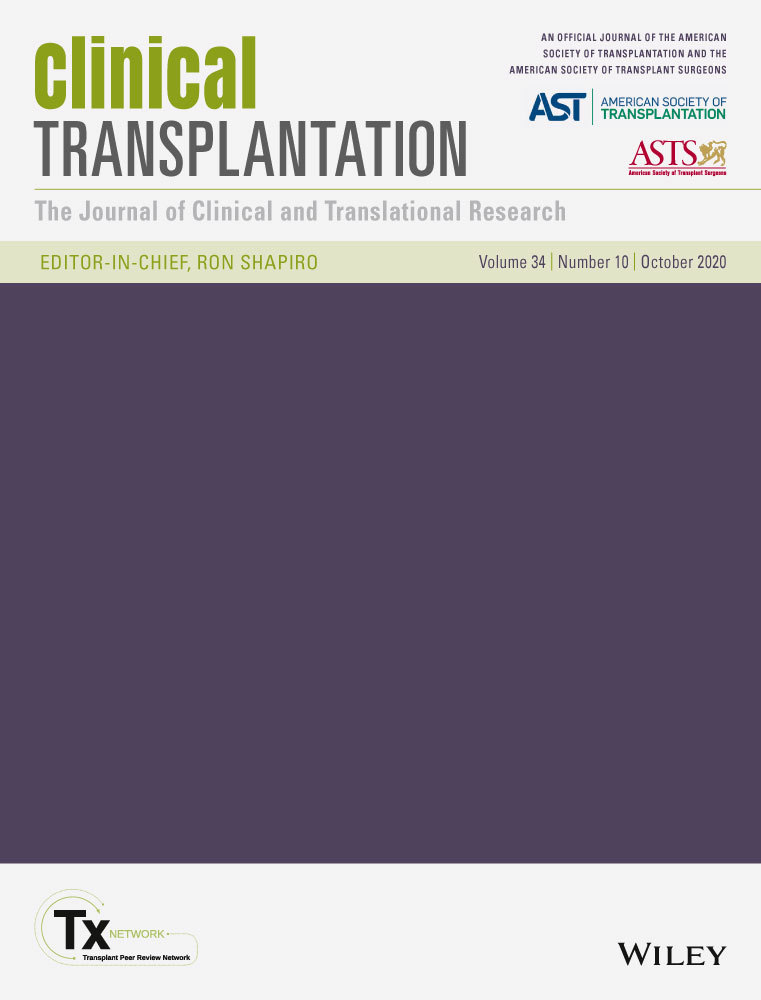Immune responses to hepatitis B vaccination after hematopoietic stem cell transplantation in pediatric and young adult patients
Abstract
Background
Hematopoietic stem cell transplantation (HSCT) recipients require hepatitis B (HBV) revaccination. Hepatitis B surface antibody (anti-HBs) seroconversion rates after revaccination range from 64% to 79% in these patients. The seroconversion rate and factors associated with non-seroconversion have not been clearly elucidated in pediatric and young adult recipients after HSCT.
Objectives
To evaluate anti-HBs seroconversion rates in pediatric and young adult patients revaccinated after HSCT, and to identify factors associated with non-seroconversion.
Method
The current study was prospective and cross-sectional. Post-HSCT recipients aged ≤25 years who had completed a course of three HBV revaccinations were recruited, and their anti-HBs titers were assessed. Non-seroconverted patients were administered a fourth vaccination. Those who subsequently remained seronegative were administered two additional vaccinations. Those who remained seronegative after all six vaccinations were defined as non-responders.
Results
A total of 118 patients were enrolled. The HBV-containing vaccines used included DTaP-IPV-HBV-Hib, DTwP-HBV-Hib, and monovalent vaccines. The anti-HBs seroconversion rate after three revaccinations was 82% (95% confidence interval [CI], 73.7-89.2). One patient (0.8%) was classified as non-responder. Factors associated with non-seroconversion after three revaccinations included cytomegalovirus (CMV) reactivation (odds ratio [OR] 10.63, 95% CI 1.16-97.00), anti-HBs seronegativity before HSCT (OR 7.01, 95% CI 1.55-31.78) and three DTwP-HBV-Hib revaccinations (OR 11.71, 95% CI 1.43-96.26).
Conclusion
In the current study the anti-HBs seroconversion rate after three HBV revaccinations was excellent. CMV reactivation, anti-HBs seronegativity before HSCT, and three DTwP-HBV-Hib revaccinations were associated with non-seroconversion, but the non-responder rate was low.
CONFLICT OF INTEREST
The authors declare that there are no conflicts of interest.




